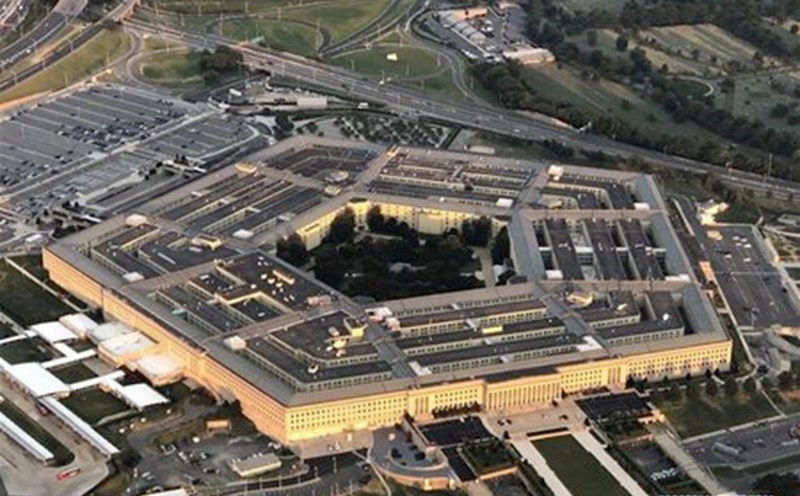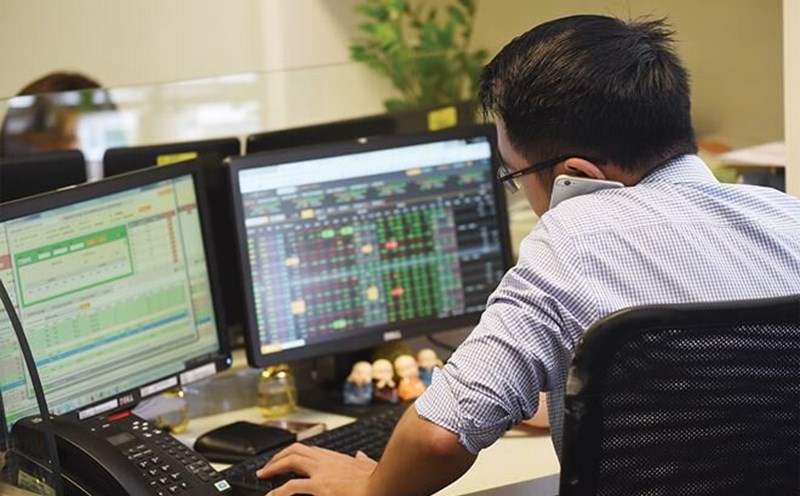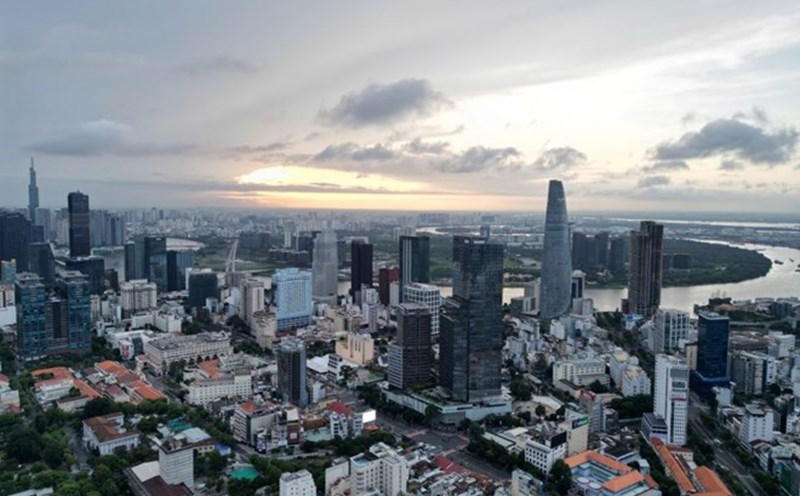The scientific workshop on the impact of transportation electrification on air pollution in Vietnam organized by the Department of Climate Change (Ministry of Agriculture and Environment) and VinUni University on September 5, Mr. Pham Hong Quan, representative of the Department of Environment, said that this agency is implementing many measures to control air pollution.
According to Mr. Quan, the level of pollution has increased over the years, especially at the end of 2024. The number of days with good air quality only accounts for about 22% of the total number of days in the year. Pollution is seasonal (from around October to November of the previous year, lasting until April of the following year). Mainly concentrated in some locations with traffic density and many production facilities.
Mr. Quan said that the work being implemented to control air pollution includes: Control open burning and construction activities: Use drones to monitor the situation of straw burning in suburban areas and spreading dust from large construction sites, immediately transfer the results to local authorities for handling.
Establish interdisciplinary inspection teams: Coordinate with Hanoi and relevant ministries to establish surprise inspection teams at construction hotspots, traffic and areas at risk of burning waste and agricultural by-products to strictly handle violations.
The Department of Environment is also implementing a trial operation of 125 sets of air sensors in Hanoi, Ha Nam, Ninh Binh. Of which, 65% are located in communes and wards, 20% are located in traffic routes, and 15% are located in industrial parks.
A representative of the Department of Environment said that key solutions for the transport sector to control air pollution are proposed, including: Establishing low-emission zones in Hanoi and Ho Chi Minh City; Building emission inspection systems, connecting data; Incentives for converting old motorbikes to green vehicles; Upgrading public transport: green buses, metro, charging stations.
Along with that is a roadmap to ban motorbikes using fossil fuels: 7.2026: ban gasoline motorbikes in Ring Road 1, 1.2028: ban motorbikes, limit gasoline cars in Ring Road 1'2, 2030: expand to Ring Road 3.
Research on planning to regulate streets for trucks and regulate traffic during rush hour. Planting multi-layered trees and automatically spraying water to reduce dust.











